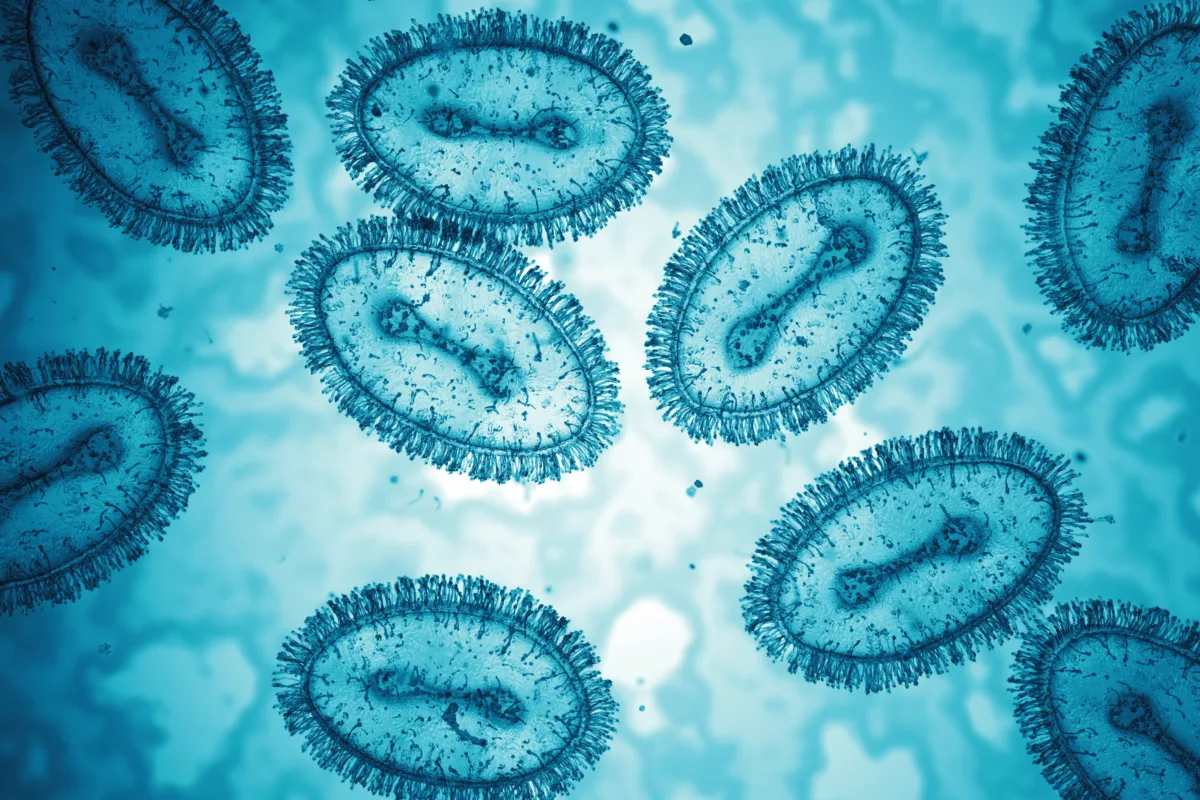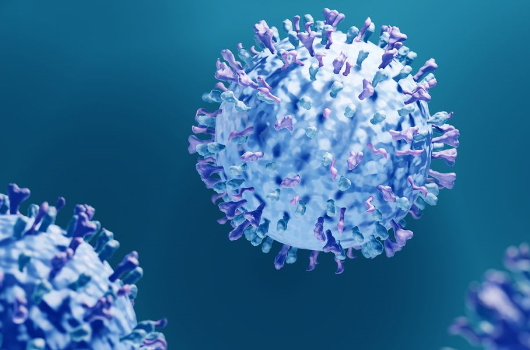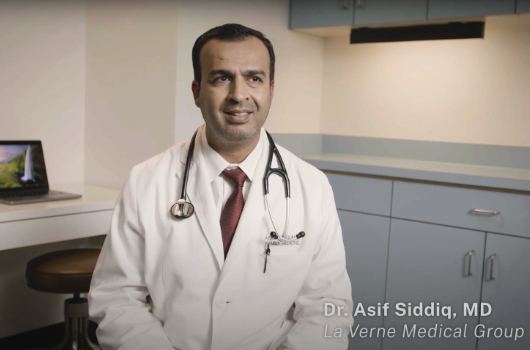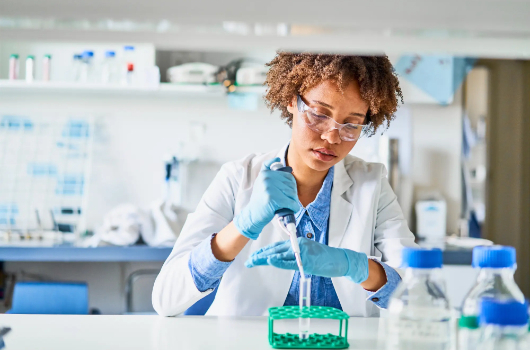Clinical Study
Testing for Monkeypox Virus Coinfections

Dr. Pallavi Upadhyay • Nov. 15, 2022
Dr. Pallavi Upadhyay, Director of Scientific and Clinical Affairs at HealthTrackRx, discusses the importance of studying co-infections as it relates to identifying and treating monkeypox in her recent article, “Testing for Monkeypox Virus Coinfections: Everything you need to know about monkeypox and its potential coinfections.”
“Since the eradication of smallpox in 1980, monkeypox remains the predominant infectious Orthopoxvirus in the areas where it is endemic. However, the recent international spread of the virus has raised great concern in the global scientific and health care communities. Continuous surveillance and epidemiological studies remain important to understand the extent, distribution, and pattern of viral spread. In addition, virological and clinical research is crucial to monitor any mutations or changes to the monkeypox virus genome to prepare for advanced and targeted diagnostics tools and treatments.
Studying coinfections, which can exacerbate disease severity and lead to underreporting cases, is also important, especially when a virus begins to spread to regions where the virus is not usually present. Ultimately, better understanding monkeypox and the frequency and type of coinfections that occur with the virus can help healthcare professionals design better disease control measures, including effective testing.”
Related Articles and White papers

Dr. Pallavi Upadhyay • Nov. 15, 2022
Dr. Pallavi Upadhyay, Director of Scientific and Clinical Affairs at HealthTrackRx, discusses the importance of studying co-infections as it relates to identifying and treating monkeypox in her recent article, “Testing for Monkeypox Virus Coinfections: Everything you need to know about monkeypox and its potential coinfections.”
“Since the eradication of smallpox in 1980, monkeypox remains the predominant infectious Orthopoxvirus in the areas where it is endemic. However, the recent international spread of the virus has raised great concern in the global scientific and health care communities. Continuous surveillance and epidemiological studies remain important to understand the extent, distribution, and pattern of viral spread. In addition, virological and clinical research is crucial to monitor any mutations or changes to the monkeypox virus genome to prepare for advanced and targeted diagnostics tools and treatments.
Studying coinfections, which can exacerbate disease severity and lead to underreporting cases, is also important, especially when a virus begins to spread to regions where the virus is not usually present. Ultimately, better understanding monkeypox and the frequency and type of coinfections that occur with the virus can help healthcare professionals design better disease control measures, including effective testing.”
Related Articles and White papers





